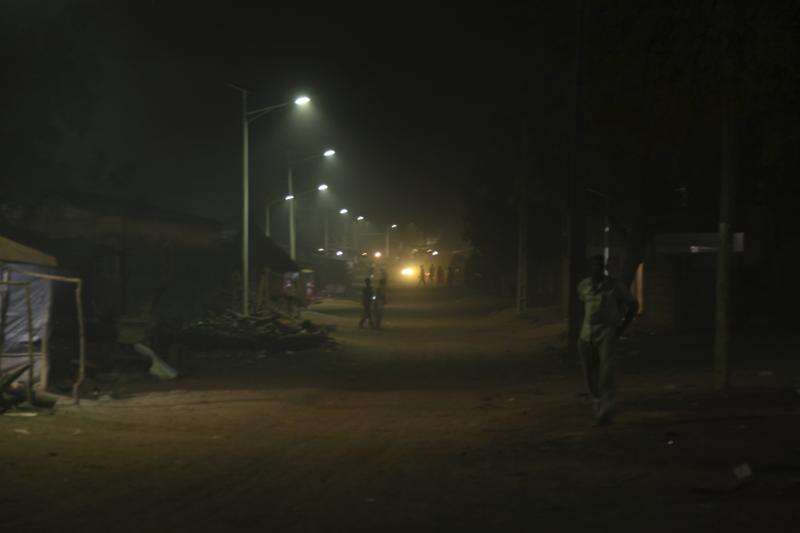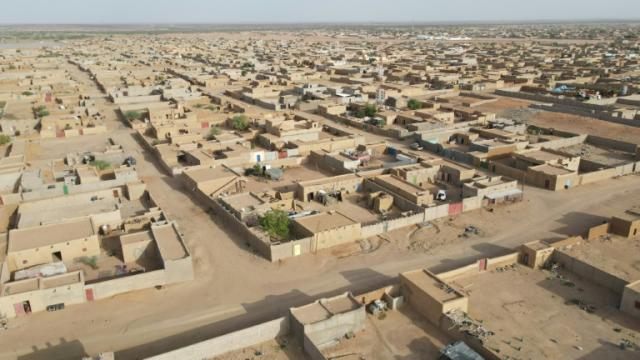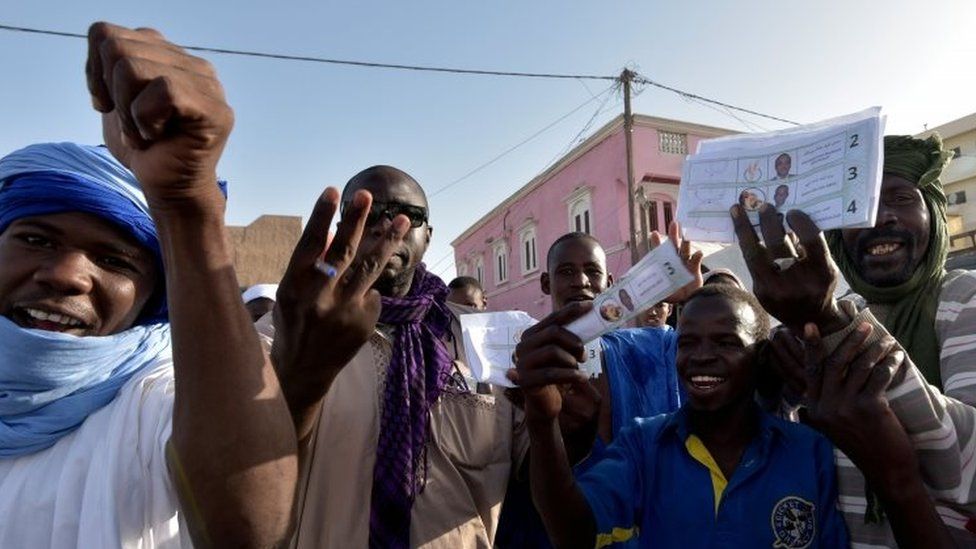In the remote village of Karan, Mali, solar power has sparked remarkable change. The installation of a mini-grid operated by WeLight has provided 3,000 residents with reliable electricity, transforming local commerce and daily life.
Bakery owner Samba Diakité exemplifies this impact. Previously dependent on diesel generators costing $100 daily, he now saves more than half while increasing his income to $124 per day. The village has grown from 48 electrical connections to over 200, necessitating expanded generation capacity.
Despite this success, Mali faces enormous challenges in rural electrification. Only 53% of the population has access to electricity, dropping to a mere 25% in rural areas. Achieving universal access would require approximately $1.3 billion in investment for network extensions and mini-grid development.
The government has implemented supportive policies, including customs exemptions for equipment and promised subsidies for solar kits. Currently, 32 mini-solar plants operate across four regions, serving over 2 million people.
Political instability has significantly hampered progress. Following two coups, relationships with international partners deteriorated. France withdrew from a $39.5 million electrification project, while the World Bank suspended $60 million in financing after disputes with the military government.
Regional insecurity poses additional challenges. Extremist attacks limit the areas where companies can safely establish solar infrastructure, even as energy demand grows between 4-10% annually across the Sahel.
For residents like metalworker Issa Doumbia, who has cut daily energy costs from $23 to $8, the benefits extend beyond economics. As trader Mah Konaré notes while working under new streetlights, “These streetlights bring security to the village. I now feel safe when my father goes to the mosque at night.”



